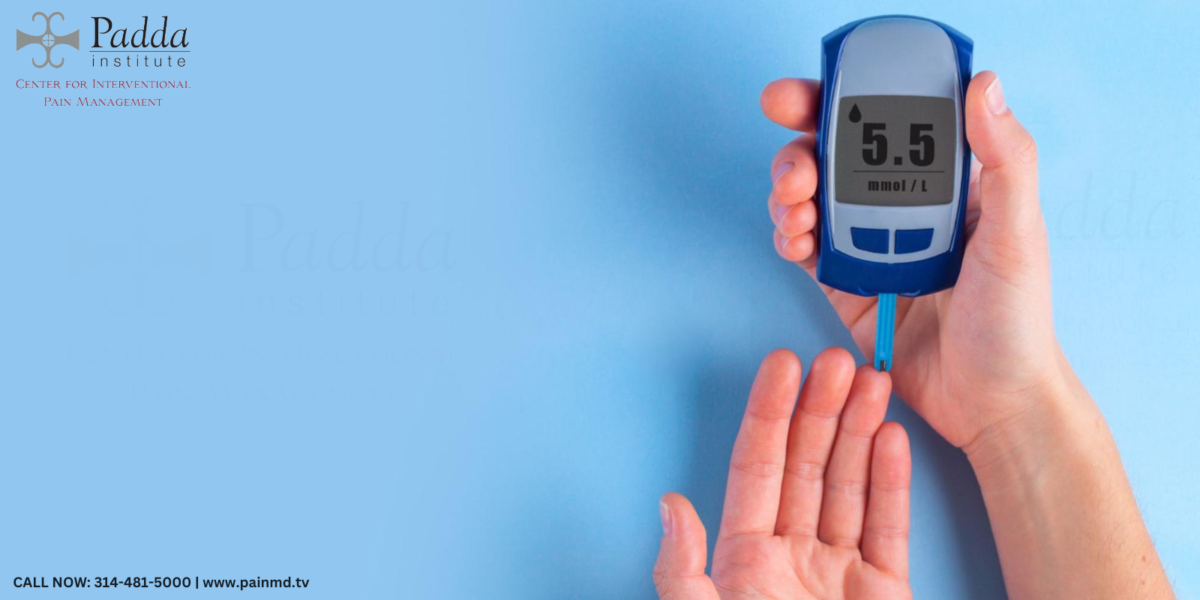Summary: Doctors have now increasingly started to accept that diabetes remission is possible solely through lifestyle interventions like dietary measures and exercise. Results will depend on the intensity of these measures. Studies suggest that half of all those living with diabetes can achieve complete control over diabetes through lifestyle interventions.
Many ask if it is possible to reverse diabetes or not. Is it possible to cure diabetes? The reply is simple. It is possible to achieve remission in diabetes. Doctors do not talk about curing diabetes since they know that even if diabetes has been controlled without medications, it may return. Though diabetes is not possible to cure, most people living with type 2 diabetes can expect to achieve prolonged remission. It means that diabetes reversal without medications is possible.
Most doctors realize that dietary measures should be the primary way to manage diabetes. Diabetes is the most common chronic health disorder affecting about 12% of adults in the US. It also leads to many disorders like diabetic neuropathy. However, it is regretful that doctors still pay little attention to dietary measures.
Doctors often assume that dietary measures are bound to fail, and thus they prefer prescribing drugs. Moreover, prescribing medicines is straightforward compared to dietary measures requiring prolonged patient education. However, this transforms diabetes into a lifelong health disorder that continues to progress with chronic pain.
Fortunately, now most professional organizations realize the importance of dietary measures. In addition, most health organizations strongly recommend dietary measures, especially in newly diagnosed patients. Recently the American College of Lifestyle Medicine came up with a statement. It said that diabetes remission might be regarded when a person is able to achieve HbA1C of 6.5% or below and maintain it for three months without medications, surgery, or devices. It also says that it is possible to achieve diabetes remission in many adults, though much depends on the intensity of dietary interventions.
These statements matter as it shows that doctors have now started accepting that diabetes remission or reversal is possible through lifestyle intervention. It is possible to achieve normal blood glucose levels without taking medications. These recommendations and statements are the results of the culmination of years of research. Now there is sound evidence that one can reverse diabetes with diet. Of course, most people would like to know about what kind of dietary measures to follow for diabetes reversal. Well, there are many such approaches.
One such approach could be switching to a predominantly plant-based diet and giving up all processed carbs. Such a diet should be low in calories. Additionally, one should consume all the foods within 10-12 hours. For example, if one has breakfast at 8 am, one should not eat any food after 6 pm. Combining the above measure can cause weight loss and diabetes remission in many. Moreover, this approach is relatively simple.
For those severely obese and poorly controlled blood sugar levels, another approach may work. Some may benefit from switching to a very low-calorie diet for three months or 12 weeks. In this case, one may switch to a 400 or 800 calories liquid diet for three months. This may sometimes help lose 20-30% of body weight. It may also help considerably reduce total body fat content, especially visceral fat2.
Apart from dietary measures, one should also make an exercise plan. Without an exercise plan, benefits from dietary measures might not be sustainable. Exercise helps in many ways, and not just by helping burn calories. Exercise boosts metabolism, counters anxiety, enhances sleep quality, reduces binge eating, and more.
Here it is vital to understand that remission may not happen in all cases. Studies suggest that these measures make remission possible in about 50% of cases. Generally, the longer a person has been living with diabetes, the less the chances of achieving complete remission.
However, this does not mean that those living with prolonged diabetes must not consider these dietary and lifestyle measures. Even in those living with diabetes for a long time, these measures may help reduce the number of medications needed to control diabetes. These measures may also help prevent diabetes progression, chronic pain treatment and diabetic neuropathy.




